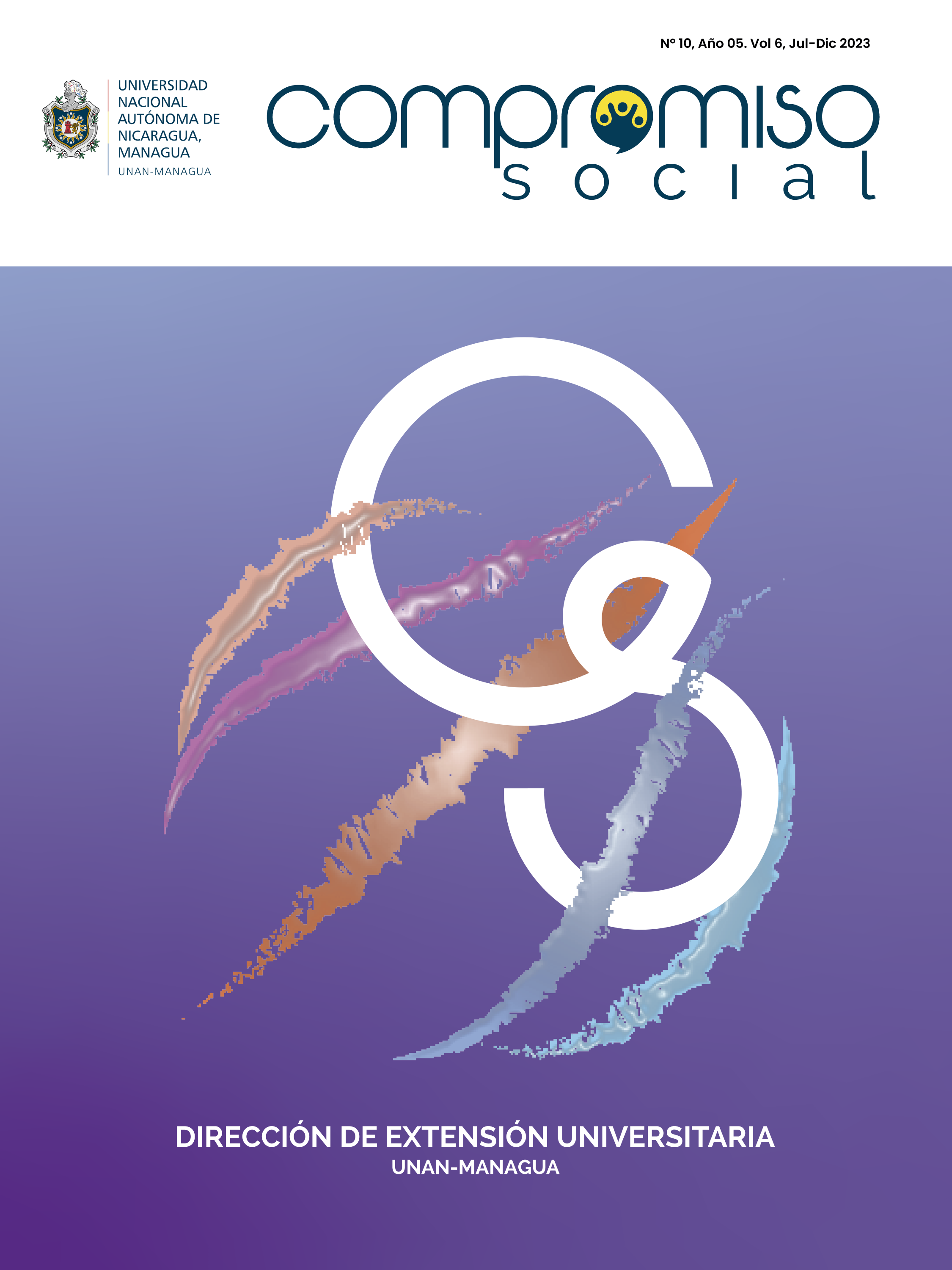El Turismo Sostenible en Nicaragua: Una Alternativa al Cambio Climático
DOI:
https://doi.org/10.5377/recoso.v8i10.18563Keywords:
Tourism, Sustainnability, Development, Climate ChangeAbstract
Tourism is one of the fastest growing human activities
and one of the most diverse, dynamic and malleable
economic sectors. Over the last decade, tourism has
had to adjust to survive the onslaught of the global
economic crisis, the new health crisis and the adverse
effects of climate change, such as: the increase in
global temperatures changes in precipitation patterns,
droughts, desertification and heat waves, increased
hurricanes, melting of the poles and glaciers, and of
course, rising sea levels.
The enormous potential of tourism to produce wealth,
goods and services gives it a privileged place in the
strategic planning of any nation. In the same way,
global demands force the new emerging tourism
to be able to contribute to development from the
conservation of the environment, the promotion of
culture, traditions, identity and national pride.
The United Nations Framework Convention on
Climate Change has paved the way for strengthening
environmental awareness and ensuring that
environmental responsibility can be included in all
economic and commercial activities globally from all
decision-making spaces. Tourism has not been the
exception and from the different national legislations,
practical actions are already being taken to reduce the
negative impact produced by human activity when it
intervenes in the different ecosystems.
Today, we can see a resilient, sustainable tourism that in
practice is more environmentally friendly. In Nicaragua,
tourism has taken on new concepts and directions by
incorporating sustainable tourism, cultural, ecological,
rural and community tourism, as a new alternative
to climate change and in favor of commonly
exploited resources. Since 2021, this sustainable
tourism has been in force, since its premise is not to
compromise the resources of future generations, it
seeks the balance between environment, culture and
economy, to strengthen the quality of life of people
and communities, implying the consolidation of
sustainable, ethical, humane, participatory, inclusive
and respectful tourism development, customs and
traditions of all Nicaraguans.
98




